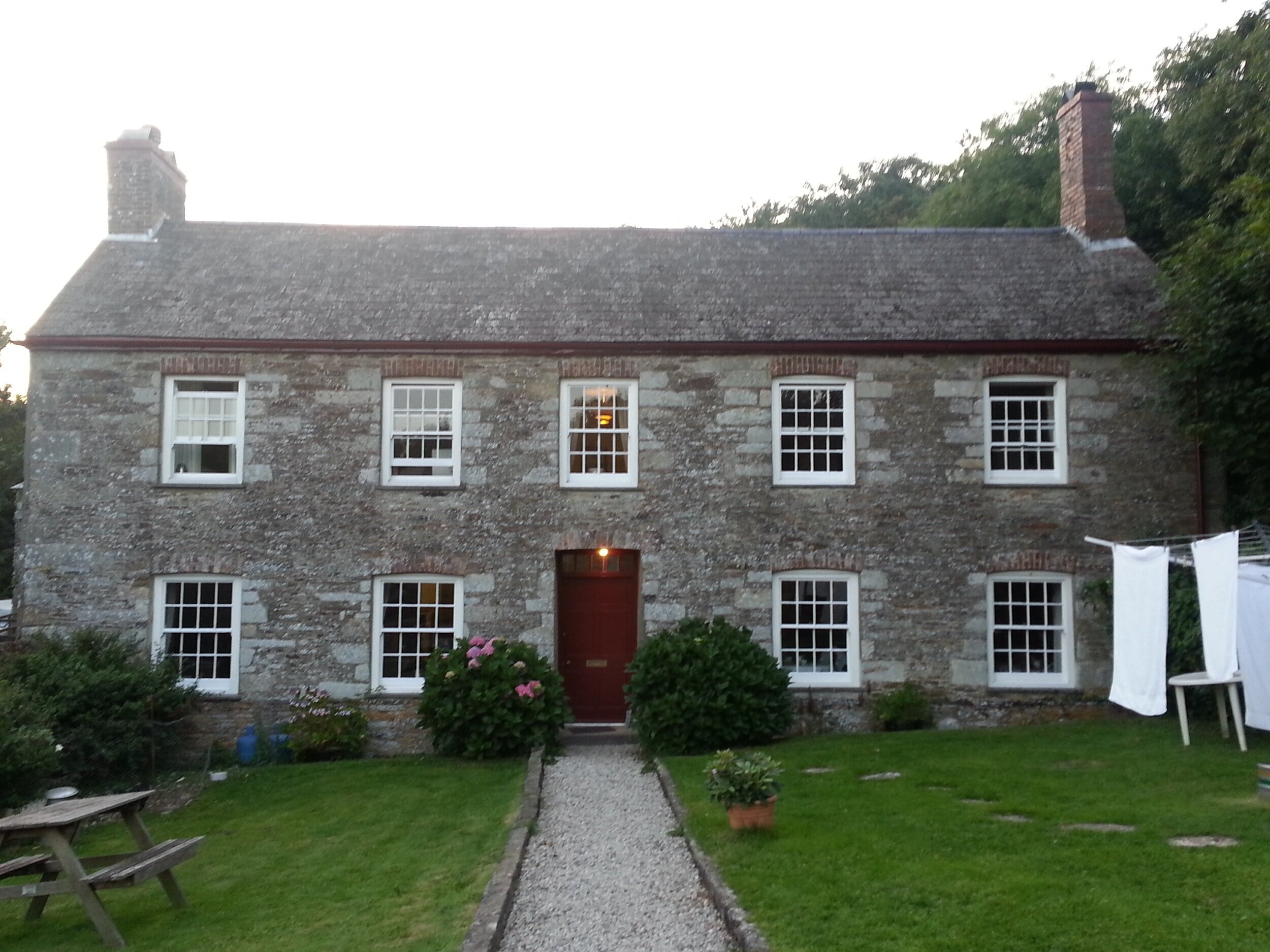
Social Movements Will Not Free Us (part three)
A strengthened ‘civil society’ will not win anyone’s liberation. Popular struggles will, if we Agitate, Educate and Organize so people see the Left Alternative.

Half A Revolution is Better Than None
Was the Arab Spring in Egypt et al a real revolution? Yes, and Jack Shenker’s first hand account shows how and why.

SIXTIES STUDENTS: Read Me First and Comment on ‘Other Campuses’
The SIXTIES STUDENTS posts are excerpts from notes for a book on the student power movement in English Canada from 1965 to 1970. Read this post to understood how each of the posts are a response to a set of questions. If you were there, but on another campus than the featured cases of Simon Fraser, McGill, Toronto, Dalhousie-King’s and Regina, please use this post to tell stories about what you and others did on your campus.
SIXTIES STUDENTS McGill (5C): Firing of Stan Gray Prompts McGill Francais March
On March 21 1969, a massive march to the gates of McGill, initiated by mostly francophone CEGEP students, militant trade unionists and Quebecois nationalists of all political stripes, protested the firing of Stan Gray and called for a McGill Francais.
SIXTIES STUDENTS McGill (5B): Senate and Board Walk-Ins for a Critical University
The left-wing Robert Hajaly Student Council, supported by departmental unions operating in parallel, tried to work through channels to negotiate the ceding of student power, but McGill faculty were intransigent and key liberal and social democratic student leaders gave them cover. The result was a series of walk-ins to the closed meetings of faculty committees, the Senate and the Board. The ranks of the protesters included individuals from all parts of the student left. They called on McGill to become a democratized Critical University that served the interests of all Quebeckers equally in a new Quebec. Repression followed.
SIXTIES STUDENTS McGill (5A): the Political Science Strike
In Fall 1968, there were occupation-strikes across Quebec in the new largely francophone two year colleges (CEGEPS). They wanted more francophone Universities, more access from CEGEP to universities, student power and democratization. McGill’s Political Science departmental union supported their demands and waged their own strike for student power.
SIXTIES STUDENTS McGill (4B): The Realist and the SDU Sit-In, part two
The 1967 External Affairs report sought major democratization of McGill and acceptance of the minority status of English Quebecers in the new Quebec. This helps explain the ferocity of the repression by faculty, liberal student executives and the administration of those associated with the report in The Realist affair and the SDU sit-in.
SIXTIES STUDENTS McGill (4A): The Realist and the SDU Sit-In, part one
The liberal Student Council of 1967-68 rejected the Wilson-Fekete proposals to seek a negotiated democratization of McGill. Fekete republished a political satire from The Realist. The administration and faculty responded by threatening three McGill Daily staffers with expulsion. When Stan Gray and the SDU lead a sit-in in support of the Daily, the administration, faculty and liberal Student Council executive seek criminal assault charges against Gray and add dozens of students to the list of those facing expulsion or suspension.
SIXTIES STUDENTS McGill (2B3B): UGEQ and Student Syndicalism, part two
The ‘civil service’ of committees around McGill Student Council played an important role in researching and promoting new ideas about the relation of English Quebeckers to the new Quebec, about democratizing the university, and about changing the classroom to put students in charge of their own education.
SIXTIES STUDENTS McGill (2A3A): UGEQ and Student Syndicalism, part one
McGill Student Society president Sharon Scholzberg fails to mobilize students to fight a fee increase. She then loses a referendum to join the unilingual French-language Quebec national student association (UGEQ). But many students are moving leftward, and many are open to supporting a new Quebec, where the francophone Quebecois exercize power proportionate to their (large majority) size of the population.
A conservative Council for 1966-67 is elected in Spring 1966. Ironically, it is on their watch that McGill students eventually vote to join UGEQ. An attempt to punish the student newspaper editor Sandy Gage for allowing publication of an article on a McGill professor’s research, that is used to aid the U.S. war effort in Vietnam, backfires on the student right. The SDU is created out of the student body defence of press freedom.
SIXTIES STUDENTS McGill (1): Serve the People in a New Quebec
Students at McGill University in Montreal built one of the most advanced student movements in Canada in the 1960s. The key conflict was over whether or not McGill would change itself to serve the interests of the French-language majority, and not just the English language minority, in a new Quebec.. In 1964-65 there were major protests over the Vietnam war, African-American civil rights in Selma and opposition to a fees increase.
SIXTIES STUDENTS Simon Fraser (6): The PSA Strike
On July 3 1969, the faculty in the Political Science, Sociology and Anthropology (PSA) department voted to affirm its system of student-faculty parity in decision-making. Four days later, PSA was placed under trusteeship, and proceedings were begun to fire the majority of the PSA professors. A siix-week strike in Fall 1969 won strong student support, but equally strong faculty opposition. The strike was defeated, and the professors were fired.
SIXTIES STUDENTS Simon Fraser (5): the 114 Occupation and Biased Admissions Scandal
On October 1 1968, Simon Fraser students voted overwhelmingly to reject a radical student power slate, and to elect a Moderate Student Council. But appearances are deceiving. The Students for a Democratic University (SDU) joined with SDU-type radicals from other BC campuses, to raise 4 demands for an end to discrimination in admissions based on class and politics (including draft dodger status). An occupation of the SFU Administration Building led to the arrest of 114 of the student occupiers by the RCMP, who had been called onto campus by President Strand. Massive meetings of the student body continued for a week after the arrests. Students endorsed the 4 demands and opposed calling cops on campus, but rejected a student strike.
SIXTIES STUDENTS Simon Fraser (4): The Student Power Council Wins Parity
On May 30 1968, Simon Fraser students elected an openly left-wing student power slate to most of the seats in the Summer 1968 Student Council. The radical Council was thrust immediately into a mass mobilization of the student body, to raise eight demands for a full-scale democratization of the University (by rewriting the provincial Universities Act) and to vote for a student body moratorium on classes. They did this to support faculty who were seeing signs of a politicially-motivated purge of ‘troublemaker’ professors. They backed the demand of the left-led Faculty Union for Board acceptance of an Academic Freedom and Tenure brief.
SIXTIES STUDENTS Simon Fraser (3): The Board Walk-In
On March 1 1968, a delegation of students elected earlier that day at a general student body meeting ‘walked in’ to a closed Board meeting. They presented two briefs and a petition that all future Board meetings be open. Most of the students did not trust that fair decisions would be made behind closed doors. Many were worried that purges of faculty who were left-wing, or just different, were underway.

